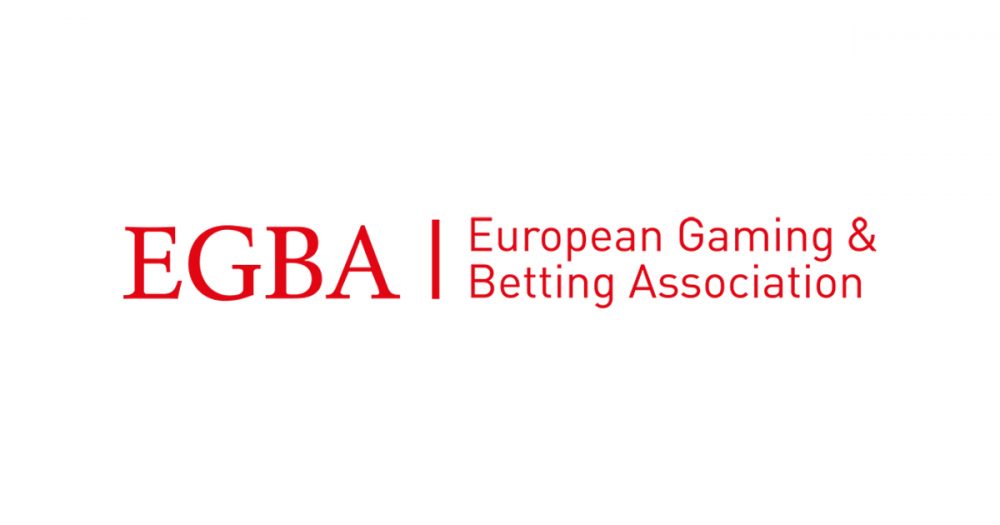Iceland Urged to Reform Gambling Market for Better Consumer Protection
The European Gaming and Betting Association (EGBA) secretary-general Martin Haijer has advocated for Iceland to adopt an open licensing regime for gambling operators. In a recent opinion piece on the Icelandic news website Visir, Haijer argued that Iceland should transition away from its current monopoly-based system.

Current Monopoly System
Iceland’s gambling market is currently dominated by six licensed entities whose profits are mandated to support social causes. This setup has effectively excluded the private sector.
A report from the Iceland Review magazine highlighted that Icelanders spend approximately ISK20bn (£112m/€134m/$146m) annually on unregulated foreign gambling websites, demonstrating a substantial outflow to offshore operators.
Limitations of Monopolies
Haijer criticized the monopoly system for limiting consumer choice, noting that such restrictions often lead to more issues than they resolve.
“Online gambling is a price-driven market,” he stated. “People play for their own money and naturally want to maximize their potential returns. Attempts to limit consumer choice through monopolies therefore create more problems than they solve.”
Successful Models in Denmark and Sweden
Haijer pointed to Denmark and Sweden as successful examples of transitioning to an open licensing system. Denmark’s market, regulated since 2012, and Sweden’s since 2019, have shown that such changes can positively affect the market without increasing unhealthy gambling behaviors.
He noted that in Denmark, gambling rates increased by 7% over a decade, but average gambling expenditure remained stable, and channelisation rates reached 90%.
Challenges and Prospects
Despite these successes, Haijer acknowledged challenges, particularly in Sweden, where traffic to unlicensed operators has surged since 2019.
Nonetheless, he believes Iceland can achieve similar results to Denmark and Sweden with the right political will and determination.
Consumer Safety and Regulation
Haijer emphasized that a licensing regime would enhance customer safety rather than encourage more gambling.
He argued that a regulated environment would be safer for players compared to the current situation in Iceland. “The implementation of a licensing system is not without its challenges…but almost all European countries have managed to solve them successfully.”
Moving Forward
Haijer concluded by urging Iceland to consider the benefits of an open licensing regime seriously. The experiences of other European nations demonstrate that such a system can balance consumer protection, regulatory oversight, and economic benefits effectively.
